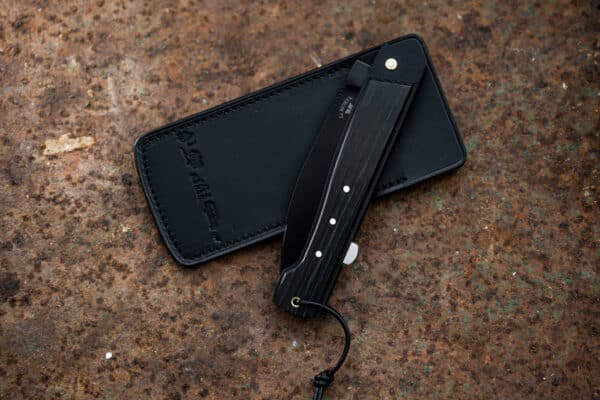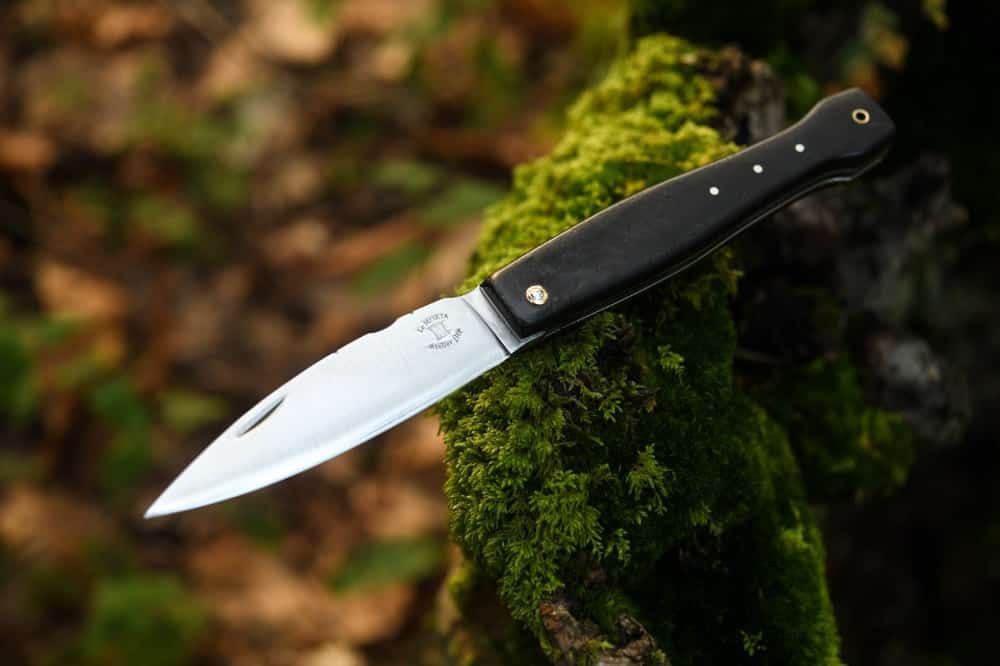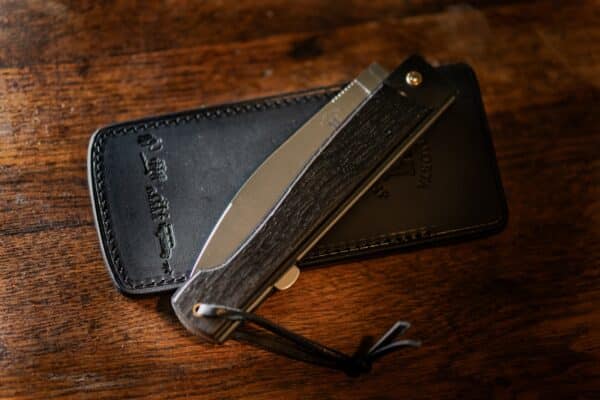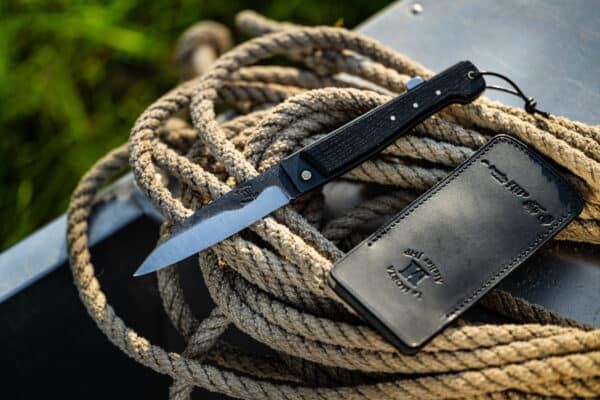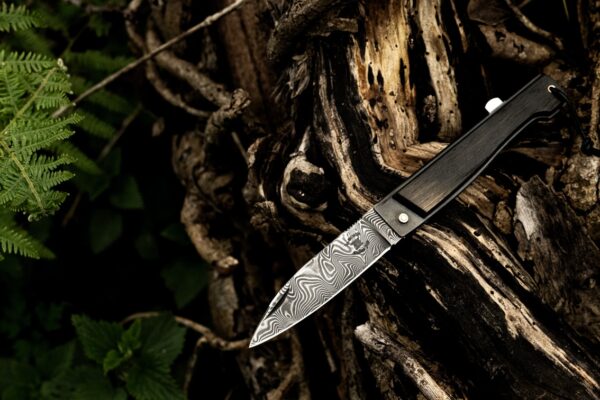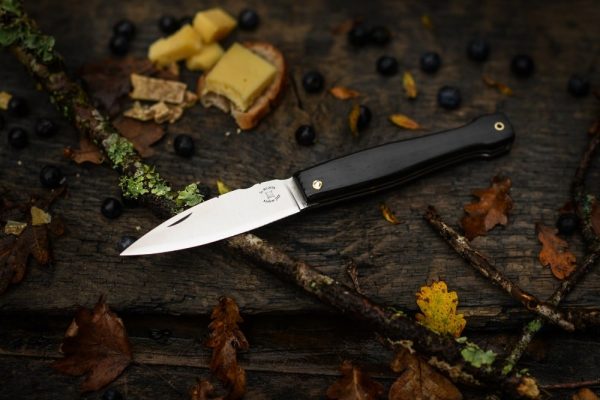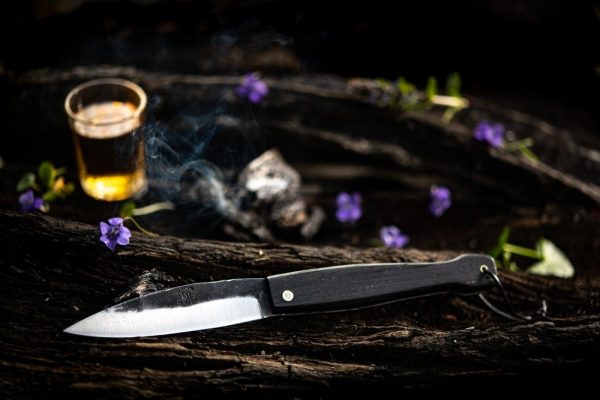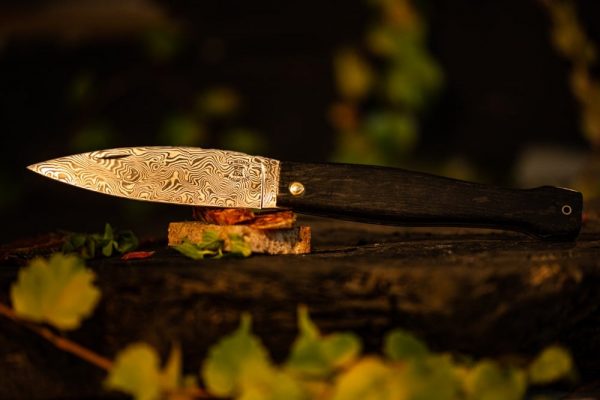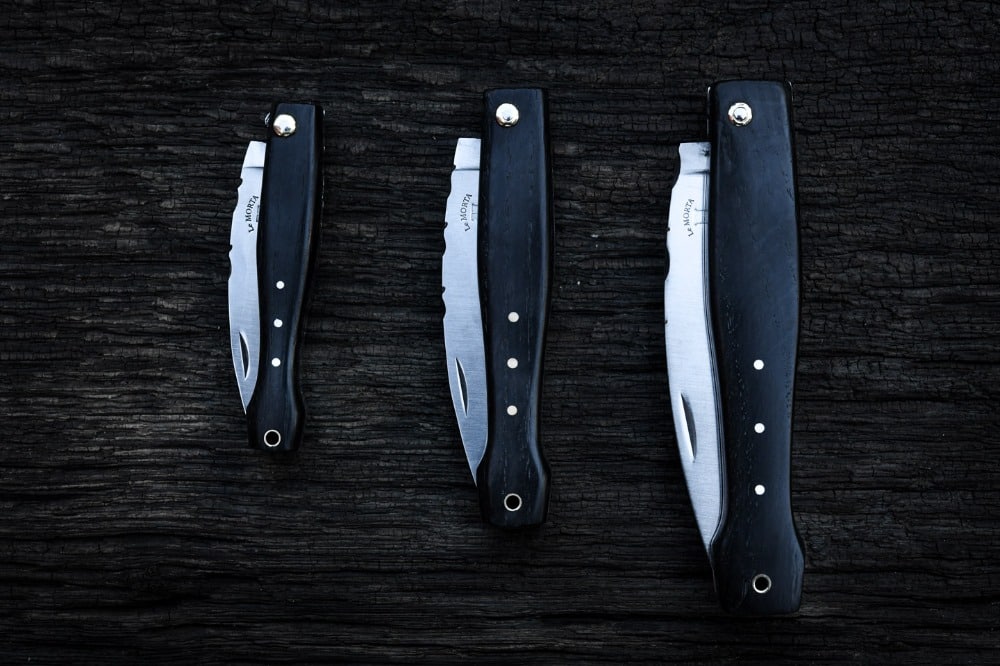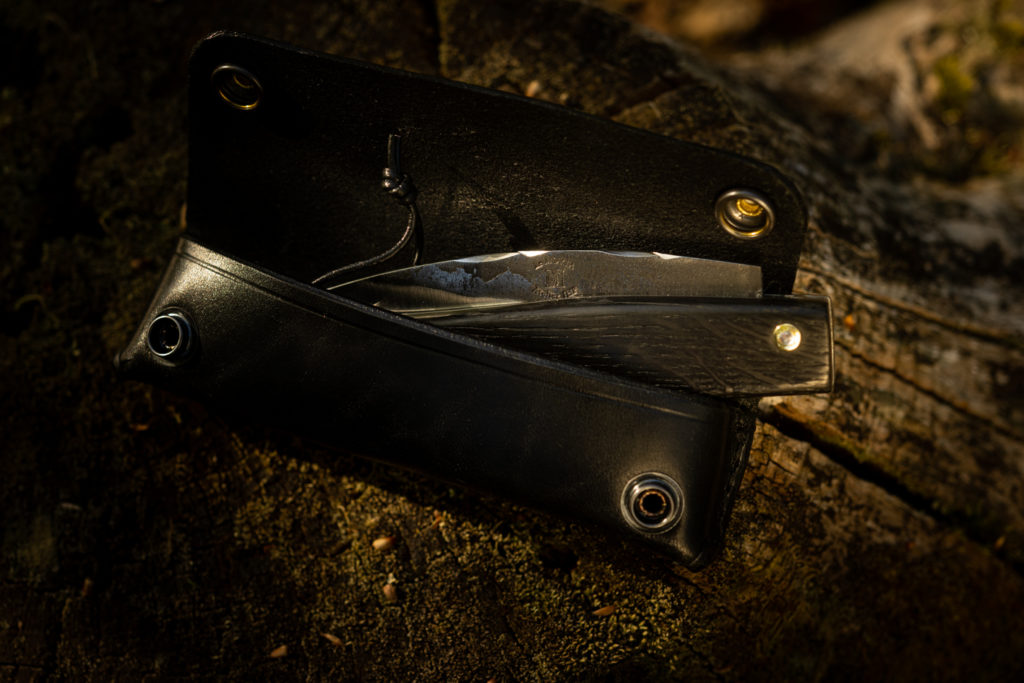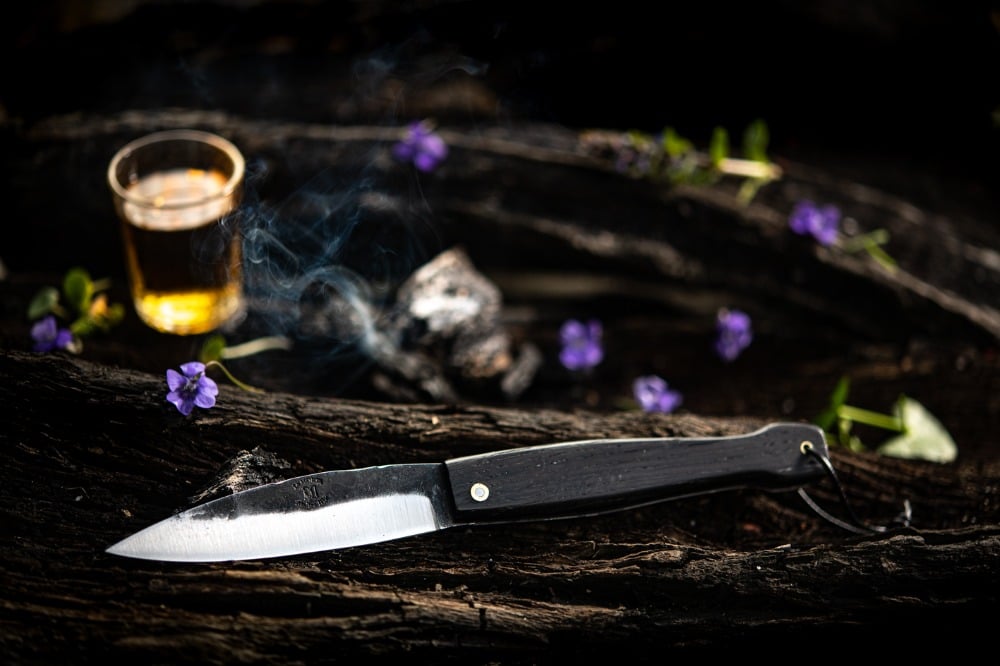Why choose a premium pocket knife from Couteaux Morta?
The premium pocket knives from Couteaux Morta are crafted with high-quality materials and exceptional craftsmanship, offering superior performance and lasting durability.
These knives are the ideal companion for various daily tasks, whether it’s opening packages, cutting rope, or preparing food.
What distinguishes premium pocket knives from other knives?
Unlike cheap knives, premium pocket knives are designed with meticulous attention to detail. They utilize advanced blade steels, such as stainless steel or high carbon steel, for better edge retention and corrosion resistance.
These knives often feature ergonomic, lightweight, and durable handle materials, ensuring a comfortable grip and a long-lasting product.
How to maintain and sharpen your premium pocket knife?
Proper maintenance and
sharpening are essential to ensure the longevity and performance of your pocket knife. It is crucial to clean your knife regularly to prevent dirt, debris, and corrosion from damaging the blade and handle.
Use a soft cloth and mild soap to gently clean the blade and handle. For sharpening, choose a method that suits your skill level and comfort to achieve the best results.
What are the key features to look for in a premium pocket knife?
When selecting a premium pocket knife, there are several essential features that can enhance its functionality and overall experience.
For instance, one-handed opening, a well-designed pocket clip, and safe and efficient opening and locking systems are features to look for.
Are expensive knives always the better choice?
While it’s true that high-end pocket knives often provide better materials, craftsmanship, and performance, it’s essential to consider your specific needs, preferences, and budget when choosing a folding knife.
Evaluate the usage and purpose of your folding knife and determine your budget, considering the exceptional craftsmanship and unique materials offered by Couteau Morta knives.
What are the benefits of a knife with a Damascus steel blade?
Damascus steel blades are known for their exceptional strength, edge retention, and unique wavy pattern. They also offer superior corrosion resistance compared to regular stainless steel.
Knives with Damascus steel blades add a historical dimension to your traditional folding knife, transforming the pocket knife into a real little gem.
What are the benefits of a Morta handle?
The Morta handle, made from oak from the Brière marshes, is a distinctive feature of Atelier JHP’s knives.
This noble and unique material adds a touch of elegance and originality to your knife, while ensuring a comfortable grip and long-term durability.
What are the various uses of a pocket knife?
Pocket knives are multifunctional and multitasking. They can be used for a variety of tasks, including cutting and slicing in the kitchen, cleaning and gutting fish, working in the vegetable garden.
They are an essential tool to have in your hiking backpack, offering both safety and functionality.
Where can I purchase premium pocket knives and learn more about the product range?
You can explore and purchase the range of premium pocket knives on the Couteaux Morta website. There you will find all the details about prices, items in stock, delivery times, and charges.
You can also visit the cutlery to discover the local heritage and the love for “made in France“.
Is it possible to customize my pocket knife?
Yes, giving or treating yourself to a customized knife is also part of the tradition. Engraving the owner’s initials makes the knife unique and exceptional.
You can choose the letters from four typefaces to add this personal touch to your knife.
